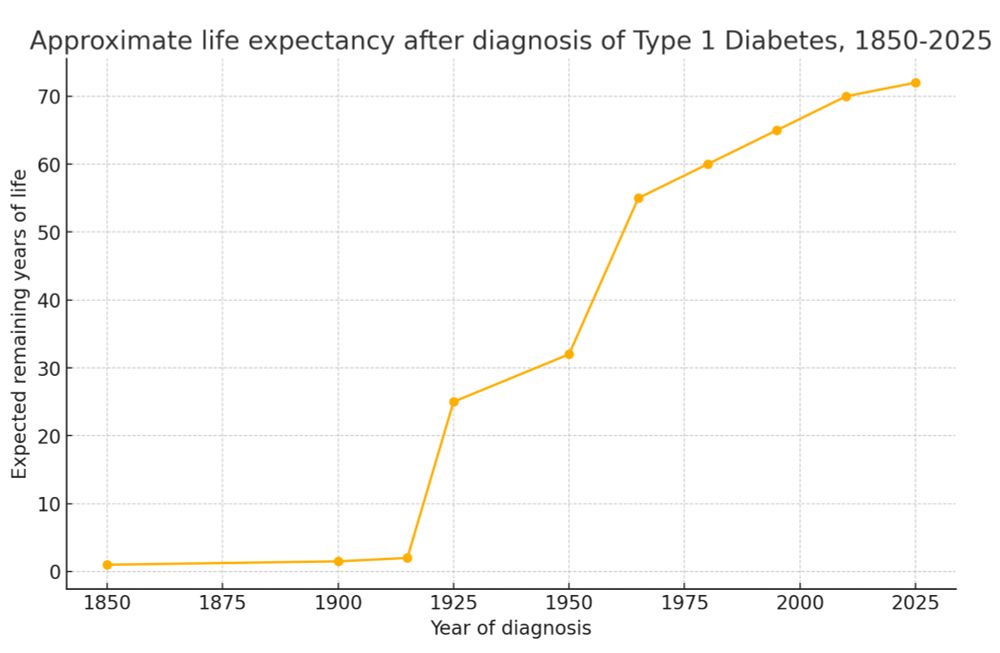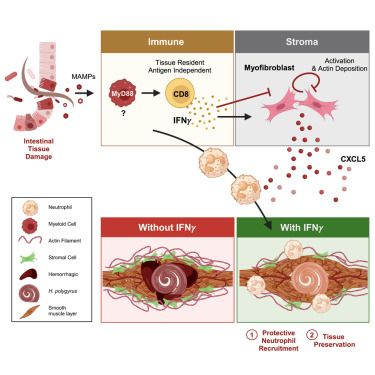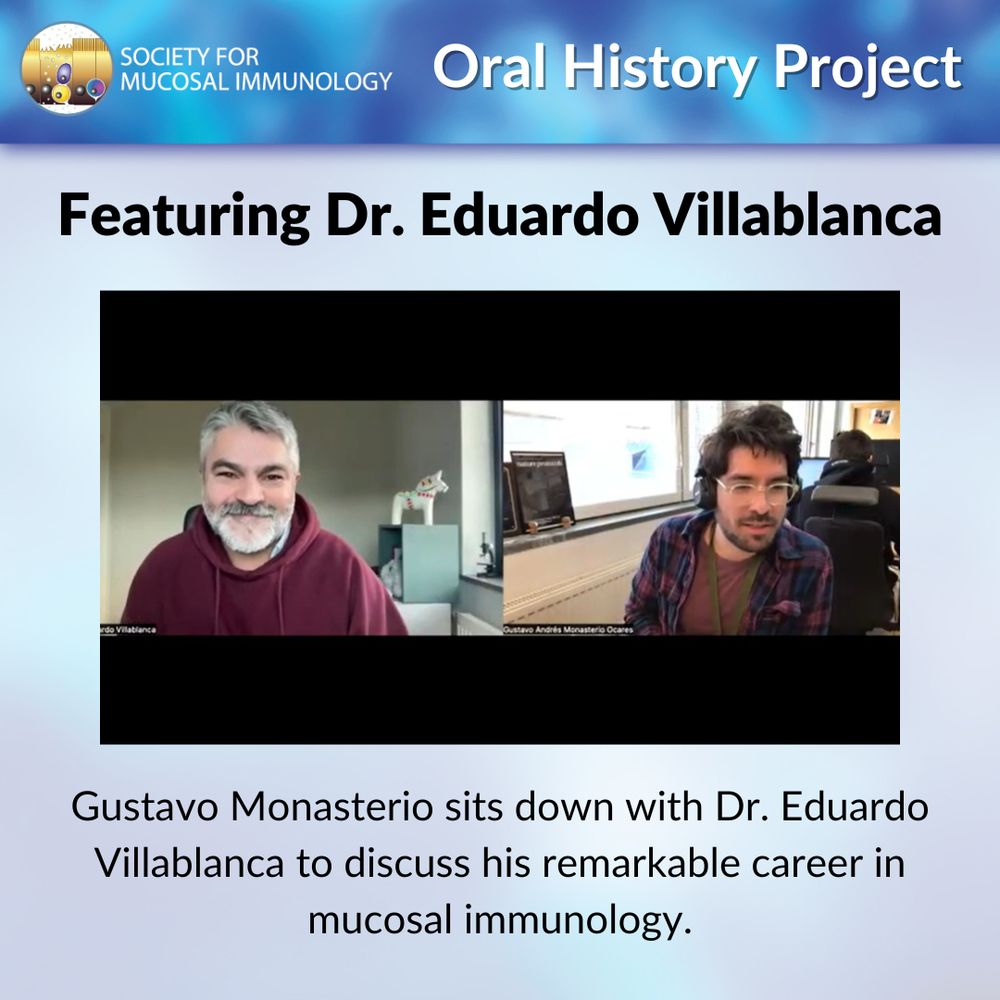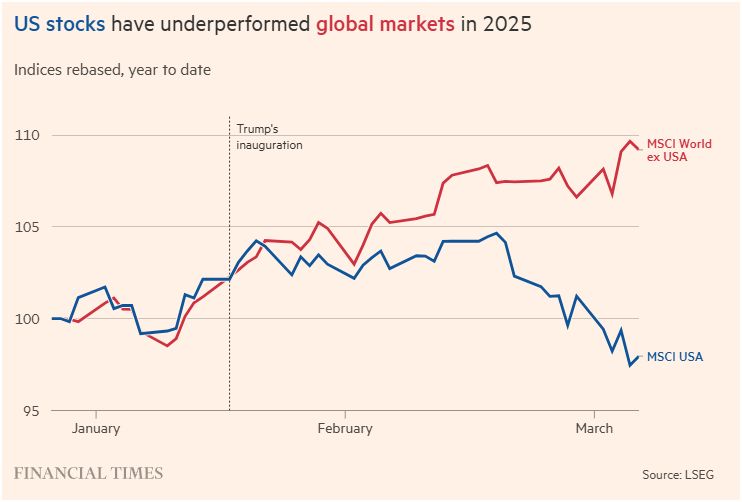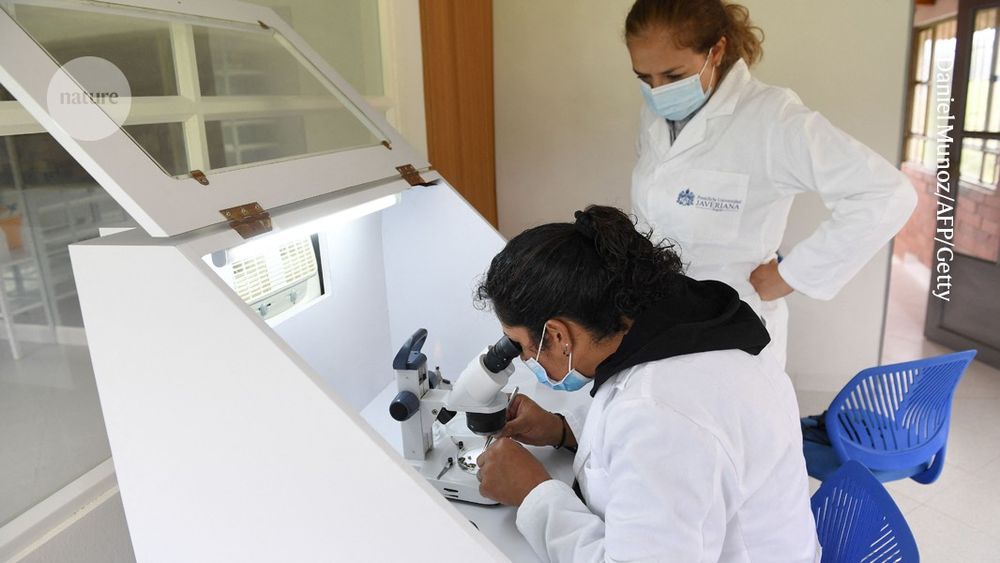Brian Sheridan Lab
@bsheridanlab.bsky.social
170 followers
190 following
16 posts
T Cells and Mucosal Immunology
Assoc. Professor at Stony Brook University
Posts
Media
Videos
Starter Packs
Reposted by Brian Sheridan Lab
Ferric Fang, MD
@fangferric.bsky.social
· Jun 15
NIH’s ‘forward-funding scheme’
NIH Director Jay Bhattacharya and Sen. Tammy Baldwin (D-Wis.) sparred over a proposal in the White House budget plan to give more grant recipients their money up front during a Senate Appropriations p...
www.politico.com
Reposted by Brian Sheridan Lab
Reposted by Brian Sheridan Lab
γδ T cell Forum
@forum-gd.bsky.social
· May 14

Metabolic reprogramming of interleukin-17-producing γδ T cells promotes ACC1-mediated de novo lipogenesis under psoriatic conditions - Nature Metabolism
Kao et al. provide insight into the metabolic requirements of IL-17A-producing γδ T cells, offering an actionable target to treat psoriasis by inhibiting fatty acid synthesis.
www.nature.com
Reposted by Brian Sheridan Lab
Kamal M Khanna
@khannakm.bsky.social
· Apr 25

Nerve- and airway-associated interstitial macrophages mitigate SARS-CoV-2 pathogenesis via type I interferon signaling
The local immunoregulatory mechanisms that safeguard the host from excessive lung
infection inflammation remain unclear. Yeung, Yokota et al. uncover the essential
role of nerve- and airway-associated...
www.cell.com
Reposted by Brian Sheridan Lab
Reposted by Brian Sheridan Lab
Reposted by Brian Sheridan Lab






